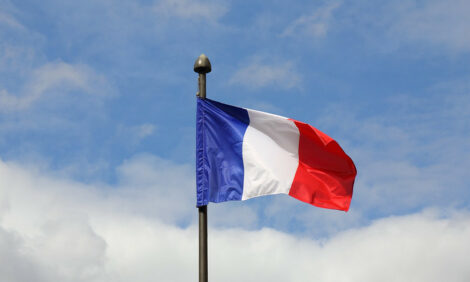



MEPs Vote To Exclude Food From Cloned Animals
EU - Food derived from cloned animals and their descendants must be excluded from draft legislation on the authorisation of "novel foods", Environment Committee MEPs said on Tuesday, 4 May. Foods produced by nanotechnology processes must also undergo a specific risk assessment before they can be approved for use and labelled, they added.The proposal to update the regulation on novel foods aims to simplify and centralise the procedure for authorising them, so as to safeguard food safety and human health. Only novel foods which are included on the Community list (after assessment by the European Food Safety Authority), may be placed on the market.
Novel foods are defined as those which have not been consumed to any significant degree in the EU before May 1997, when the first legislation on novel foods was introduced. They include foods that are newly-developed, such as foods produced by new production processes like nanotechnology, but also foods traditionally consumed only outside the EU.
MEPs reaffirmed their determination to exclude food derived from cloned animals and to ensure certain safety and labelling requirements are in place for authorising food produced with the aid of nanotechnology. The aim is to achieve a high level of food safety, as well as consumer, environmental and animal health protection, based on the precautionary principle.
Exclusion of food derived from cloned animals
MEPs voted in favour of entirely excluding food derived from cloned animals and their offspring from the scope of this legislation. The Commission's initial proposal would have included food derived from cloned animals but not their offspring, and the Council was in favour of including food from cloned animals and their offspring. MEPs asked the Commission to present a separate legislative proposal to prohibit food derived from cloned animals and their offspring.
Nanotech food must be assessed for risk
MEPs said foods produced by nanotechnology processes must remain excluded from the Community list until they have undergone specific and adequate risk assessments, and the possible health effects of materials at nano scale are better understood. The draft legislation defines engineered nano-materials as having one or more dimensions less than 100 nm. All ingredients present in the form of nano-materials will need to be clearly indicated in the list of ingredients.
Ethical demands
Before a novel food is included in the Community list of those accepted in the EU, the opinion of the European Group on Ethics in Science and New Technologies on the ethical and environmental implications must be sought when necessary, said MEPs.
The co-decision report by Kartika Liotard was approved in committee at the second reading with 42 votes in favour, 2 against and 3 abstentions. The plenary vote is currently scheduled for July (tbc).
TheCattleSite News Desk


